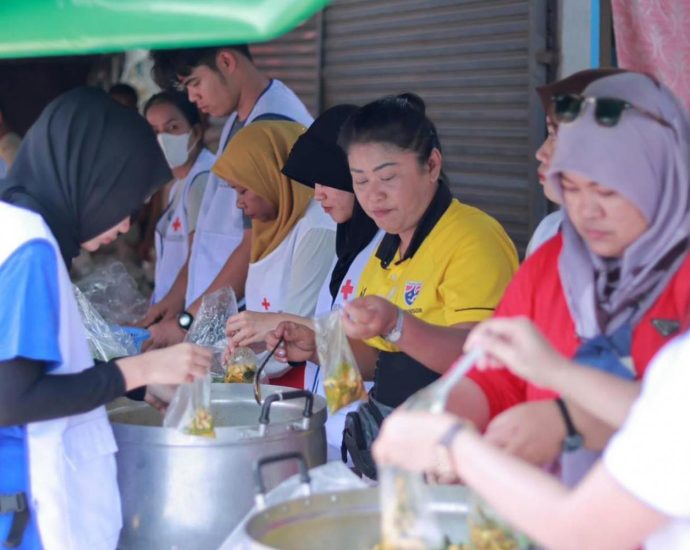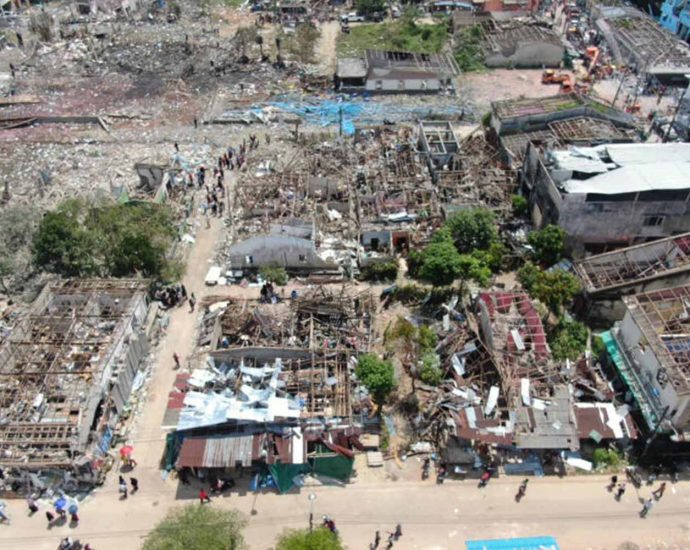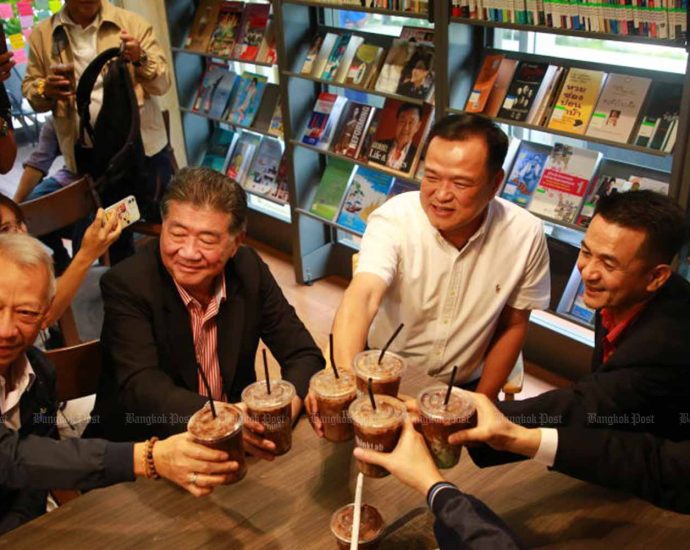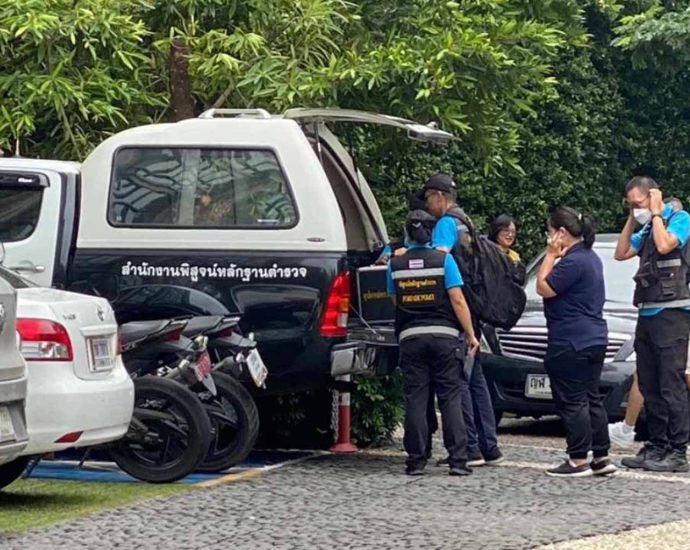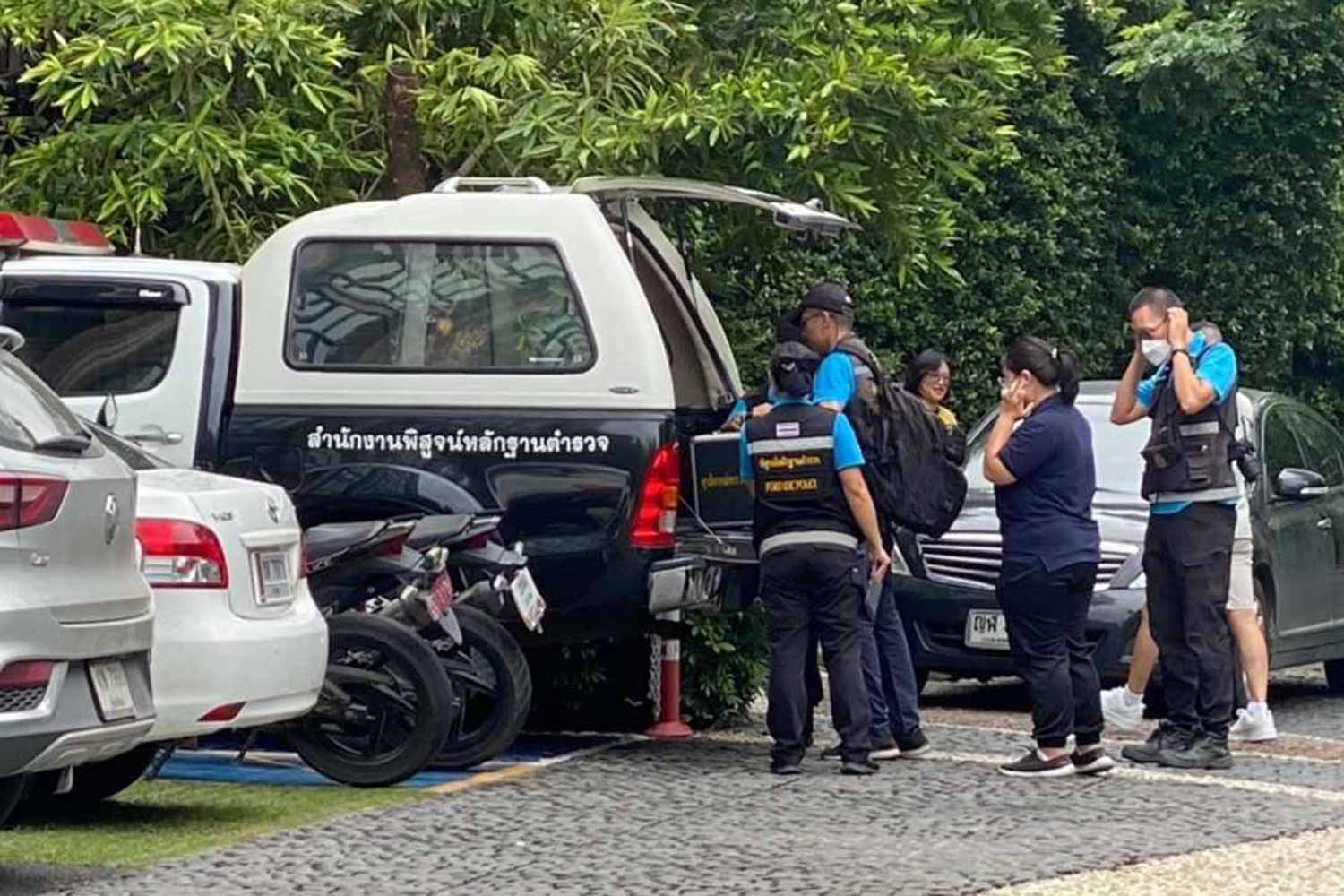PM vote rumours draw ire
PUBLISHED : 1 Aug 2023 at 04:00

A key Move Forward Party (MFP) figure yesterday condemned people who spread a rumour that the MFP would support a Pheu Thai prime minister candidate even if the party is ejected from the coalition.
Nattacha Boonchai-insawat, MFP’s deputy secretary-general, said the rumour was an ugly move and could only be seen as an attempt to force the MFP to leave the eight-party bloc.
He said Pheu Thai should inform its prospective coalition partners of the results of its talks with other parties outside the bloc as early as possible so they have time to make a decision.
“It must be made clear how the talks with the other political parties go. The prime minister vote may take place on [Friday], so it feels like our hands are being forced,” he said, referring to reports that Pheu Thai would hold a meeting a day before the vote.
House president Wan Muhamad Noor Matha called the Friday meeting, but whether a new vote takes place depends on a decision by the Constitutional Court on Thursday.
The court will announce if it is to accept a petition regarding the rejected renomination of MFP leader Pita Limjaroenrat as PM. If accepted, the vote will not occur until the court’s ruling.
“We’ve stepped back and let Pheu Thai lead coalition formation because we want the eight parties to stay together. But if there there is an ugly move to force us to blindly vote, I believe our supporters will understand if we don’t support a Pheu Thai candidate,” he said.




